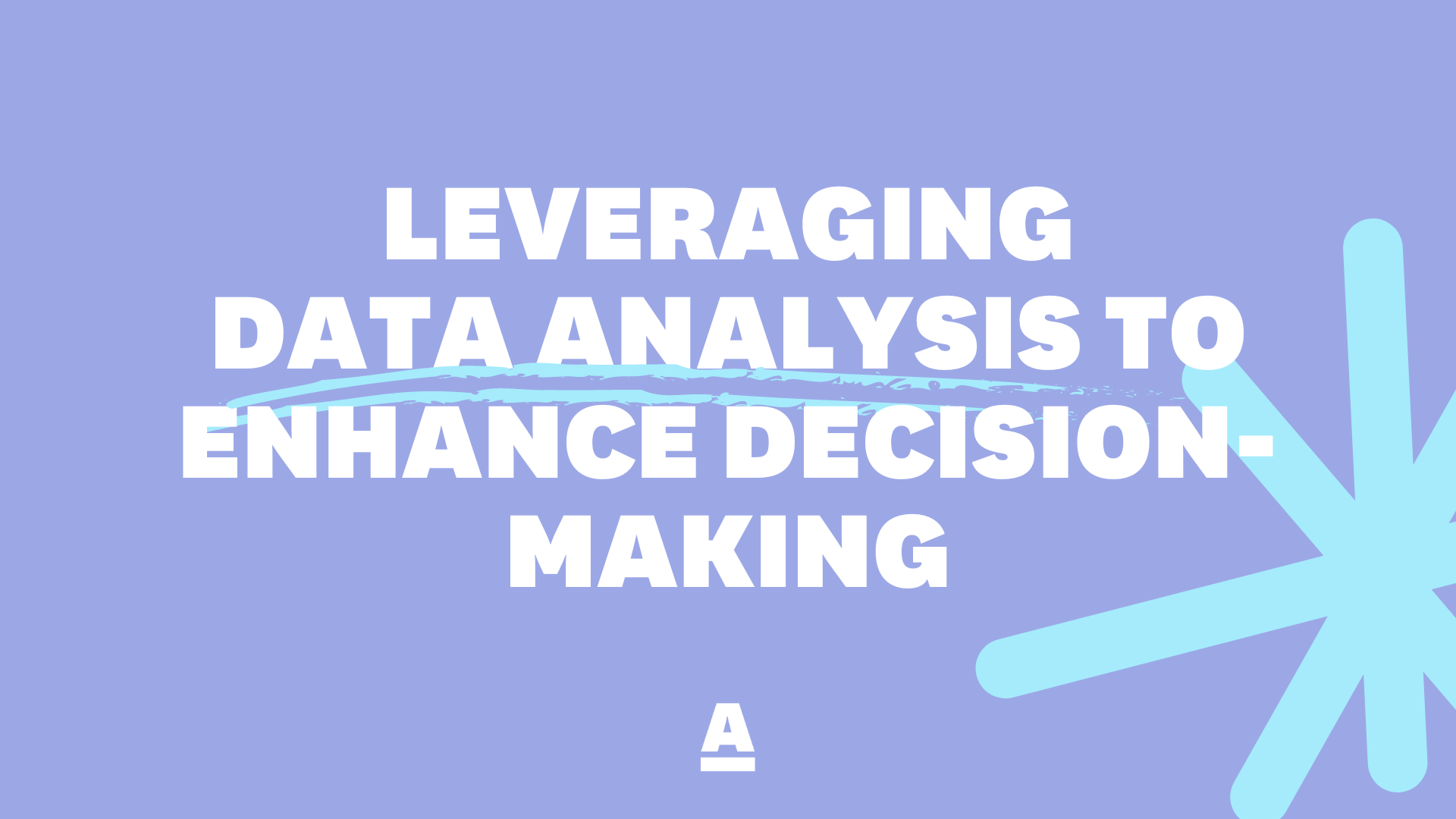
Organisations collect an alarming amount of data every day. This data is captured in the Information Systems (IS) which underpin the organisation’s processes. Transforming this data into usable information can give valuable insights to improve decision-making.
What kind of volumes are we talking about?
Organisations capture petabytes of data every day. To illustrate what this looks like… if there was a document containing a petabyte of text, it would take the whole of the UK population, including children and babies, a week to read it.
How do you go about structuring data?
In order to benefit from this enormous pool of information, businesses’ need to structure their information model. They do this by understanding the things, or objects, that the organisation really needs to know about and the relationship between them. Examples of an information concept include a product, a concept or an event.
But how exactly do you organise data so it becomes strategic gold?
It’s vital that the business/data analyst recognises the key questions that management needs answers to. This helps to identify the business concepts needed to build a business information model, allowing the business to understand all aspects of its performance.
In this post, we’ll explain what it is, when to use it and why. So let’s start with…
What is Data Analysis?
Within the context of the course, Data Analysis looks at how to structure data using class models. Once structured, the skill becomes one of reviewing, correcting, modelling and supplementing it to ensure its quality and accuracy so that it truly represents the business situation.
It can be used to support business processes, information requirements and decision making as well as ensuring the organisation is compliant with any relevant legislation.
Why is Data Analysis beneficial?
The key to successfully leveraging data analysis for business growth is understanding which types of data will be most beneficial for your specific organisation. By identifying data that will provide the most value, you can then focus your time and resources on gathering and analysing that information.
The significance of data analysis lies in its ability to unveil patterns, provide insights and generate knowledge, which all helps the business to make the right decisions.
It can also be used to test algorithms which help enhance decision-making, streamline processes through automation and customise individual experiences.
Key benefits are:
- Achieving customer satisfaction
- Focusing and targeting promotions
- Increasing efficiency
- A better understanding of customers
- Identifying new business opportunities
- Better forecasting methods
- Improving risk management
- Enhanced competitive advantage
- Better collaboration and better compliance
When to use Data Analysis tools?
When considering any business change initiatives within your organisation, data analysis can support the decision-making process. Our BCS-accredited training course provides you with the tools including learning how to use, create and interpret class diagrams, defining, explaining and identifying data modelling concepts and validating data models using a CRUD matrix.
What’s in it for my team?
They will learn the techniques and practices of data analysis, gain a solid understanding of the concepts and principles of data analysis under the expert guidance of a seasoned practitioner and be confident in modelling data using class diagrams.
On passing the exam, they will attain the BCS Professional Certificate in Data Analysis, a valuable certification in its own right. It’s widely recognised and internationally respected in its field.
As well as having the flexibility to learn at your own pace using our online self-study, we also offer on-site training and instructor-led courses via Zoom.
Our next instructor-led course via Zoom is 11th and 12th April 2024 — there’s still time to join us.
If you’d like to find out more, one of our team is always happy to chat. Give us a call on +44 (0)1225 836 084 or hop on over to our Data Analysis page for more about the course. You can download the course brochure here.
